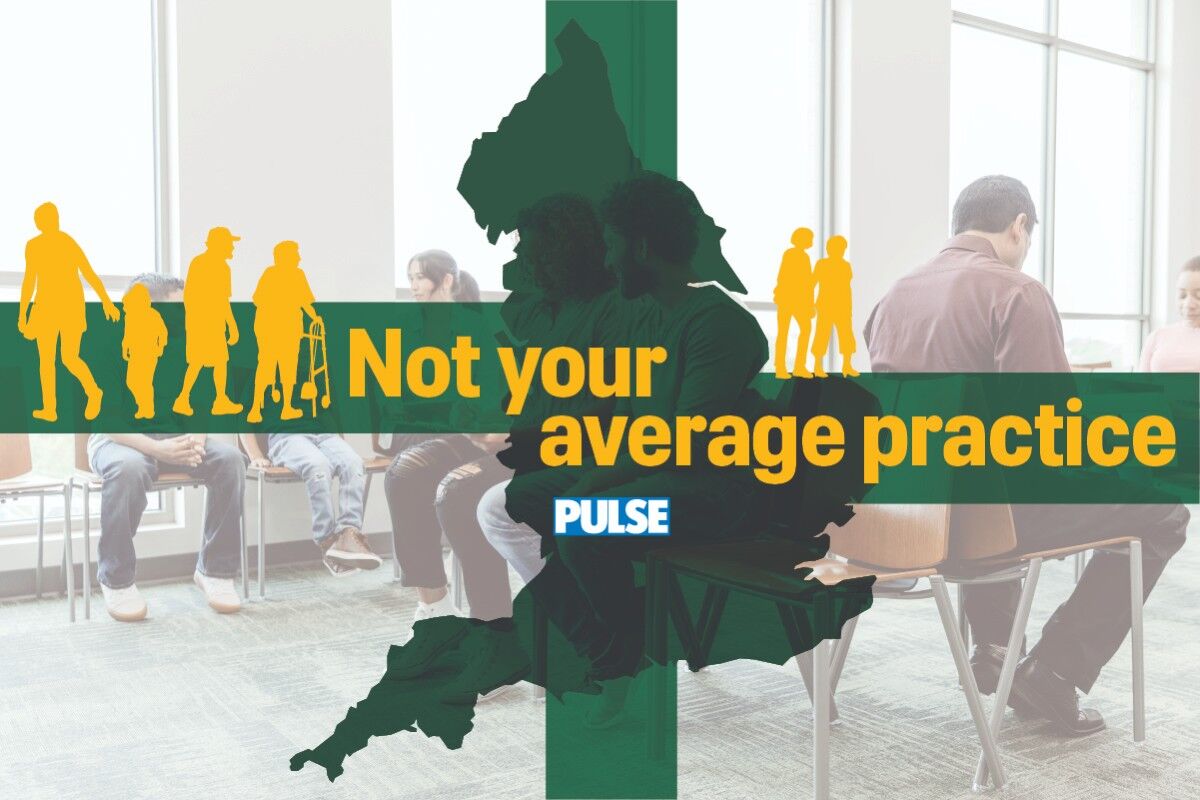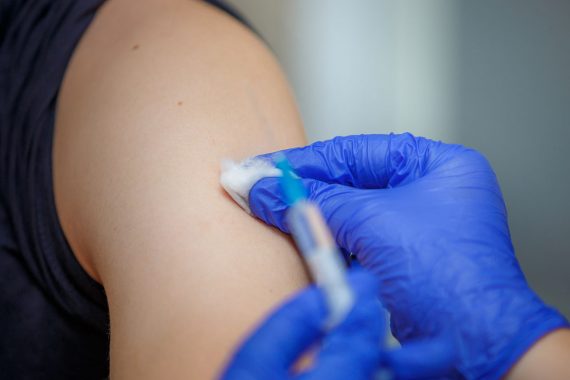A UK trial has been launched to investigate whether people taking long-term immunosuppressant drugs would respond better to Covid vaccination if they temporarily stopped their medicines.
Researchers at the University of Nottingham will recruit 560 patients taking methotrexate to assess whether a two-week break from the drug immediately after the Covid booster jab produces more robust immune responses.
This will be assessed against whether the approach has implications for flare-ups of their disease.
It is thought that around 1.3 million people in the UK are prescribed methotrexate for conditions such as rheumatoid arthritis and psoriasis.
During the rollout of the Covid vaccine programme, there has been a lack of consensus on the best approach to take, the researchers who are funded by the National Institute for Health Research (NIHR) and Medical Research Council said.
The results – which won’t be available for at least a year – will have implications for those on immunosuppressant medicines, many of whom are in the extremely clinically vulnerable group and were asked to shield during the first wave.
The study is being run at 20 hospitals and participants will have the Pfizer-BioNTech vaccine as their third jab as part of the national Covid vaccination programme, the researchers said.
Data shows that those with inflammatory conditions are 1.2 to 1.3 times more likely to die or be hospitalised from Covid-19.
Professor Abhishek Abhishek, study lead and professor of rheumatology at the University of Nottingham, said people with inflammatory conditions faced a double-edged sword of being more vulnerable to Covid while potentially being unable to mount the strongest possible response to vaccination.
It leaves many patients ‘fearing the virus’, he added.
He said: ‘We hope to find out whether they can safely take a break from medications for their inflammatory conditions and [get] improved protection from the booster jab, without the risk of flare-up of their long-term illness which affects their daily lives so heavily.
‘Many people take methotrexate for more than 10-20 years, so we hope to provide high-quality evidence which can help them with their day to day lives going forward.’
Professor Andy Ustianowski, NIHR clinical lead for the Covid-19 Vaccination Programme and said: ‘Although the vaccine rollout has saved many lives and helped drive down the effects of the pandemic, there are still groups of vulnerable people who can’t always mount robust immunity against the virus.
‘It’s important to establish if people can safely improve protection from their booster jabs by taking a break from their immune-suppressing medicines.’
Dr Louise Warburton, a GP with special interest in musculoskeletal disease in Shropshire said it was likely that lots of patients had been asking questions about whether their methotrexate had an impact on immune responses to vaccination.
‘This trial does look very useful and there are lots of patients on methotrexate as it is the first-line treatment for rheumatoid arthritis.’
It follows another study done in Korea which showed a two-week treatment holiday from methotrexate improved responses to influenza vaccination.
In September, new research showed that certain groups of immunosuppressed people, as well as care home residents, were among those identified as still being at ‘elevated risk’ of serious Covid outcomes despite vaccination.
Under the current booster programme, cohorts 1-9 of the first phase of the Covid vaccination campaign are being offered a jab six months after their second dose – with GPs told to prioritise boosters in care homes.
Third jabs for patients taking immunosuppressants were also recommended, with GPs helping to identify around 500,000 eligible patients to receive the jab.
The shielding programme put in place to protect those who are clinically extremely vulnerable to Covid formally closed in September.
Click to complete relevant Covid-19 CPD modules on Pulse Learning.










